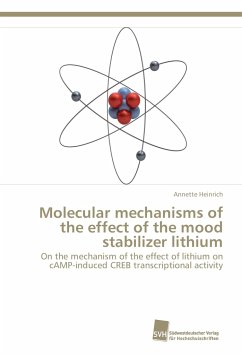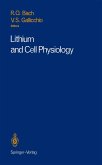Lithium salts are used to treat bipolar disorder, but the mechanisms accounting for the clinical efficacy are not completely understood. Chronic treatment with lithium is required to establish mood stabilization, suggesting the involvement of processes of neural plasticity. CREB (cAMP response element binding protein) is a transcription factor known to mediate neuronal adaptation. Recently, the CREB-coactivator TORC (transducer of regulated CREB) has been identified as a novel target of lithium. In the present study, several different methods were used to examine the molecular mechanism by which lithium stimulates cAMP-induced CRE/CREB-mediated gene transcription through TORC. The acquired data support the notion that lithium directly facilitates the interaction between CREB and TORC, thereby enhancing CREB-directed transcription. Thus the study suggests a novel mechanism of lithium action that may contribute to the therapeutic effect of lithium in the treatment of bipolar disorder.
Bitte wählen Sie Ihr Anliegen aus.
Rechnungen
Retourenschein anfordern
Bestellstatus
Storno








